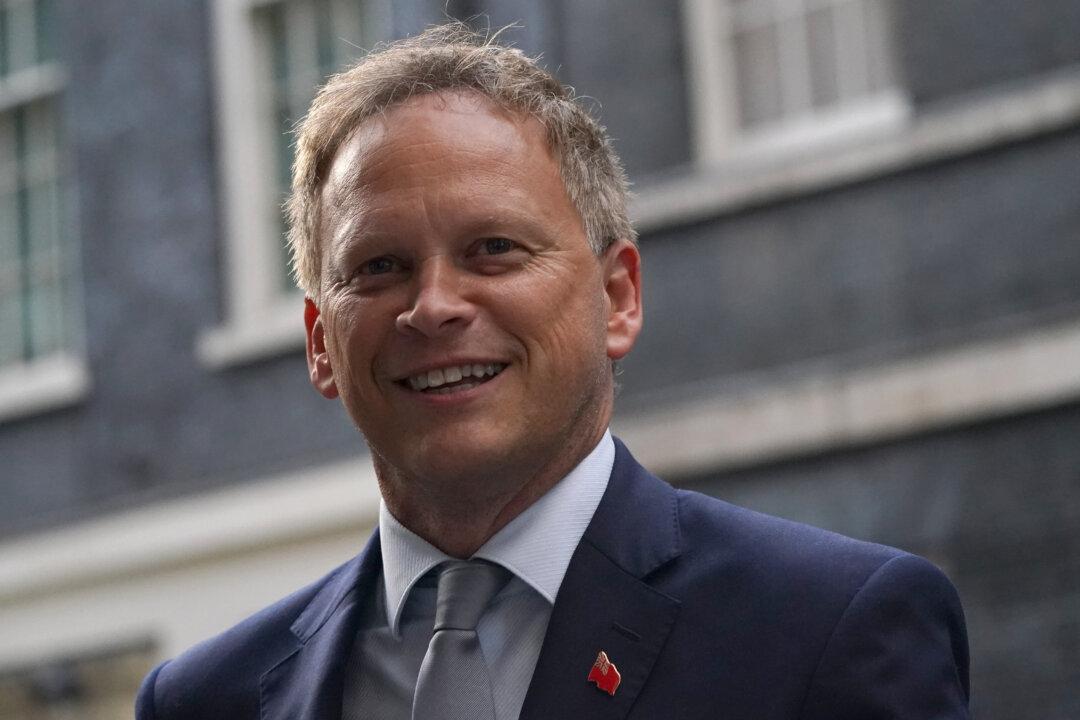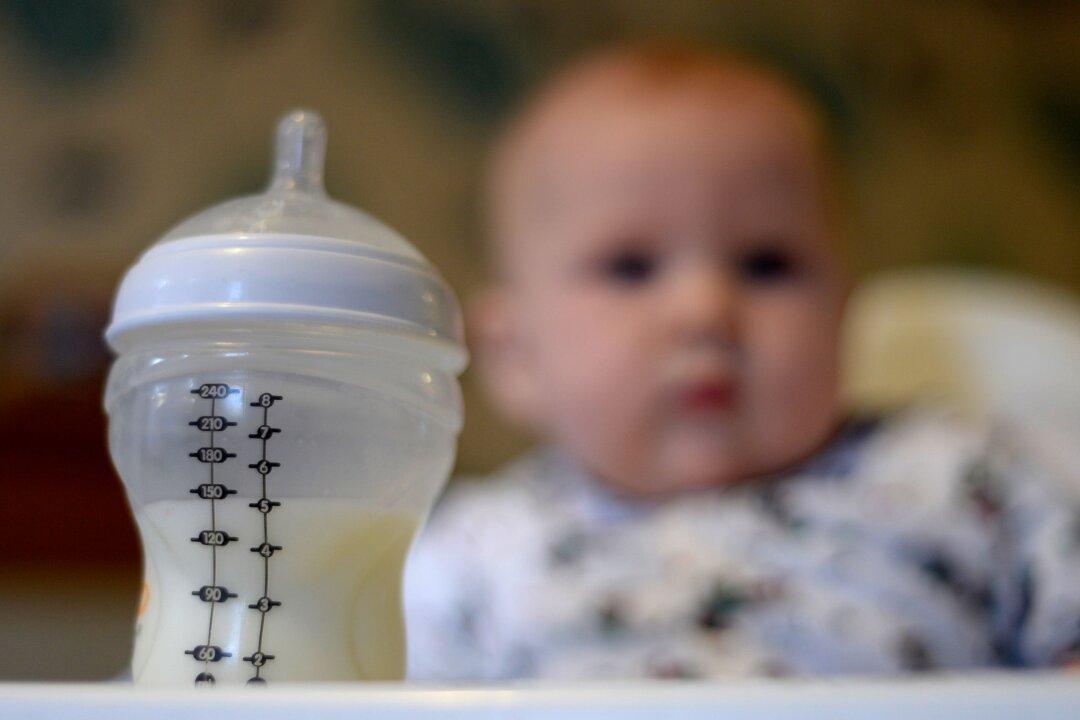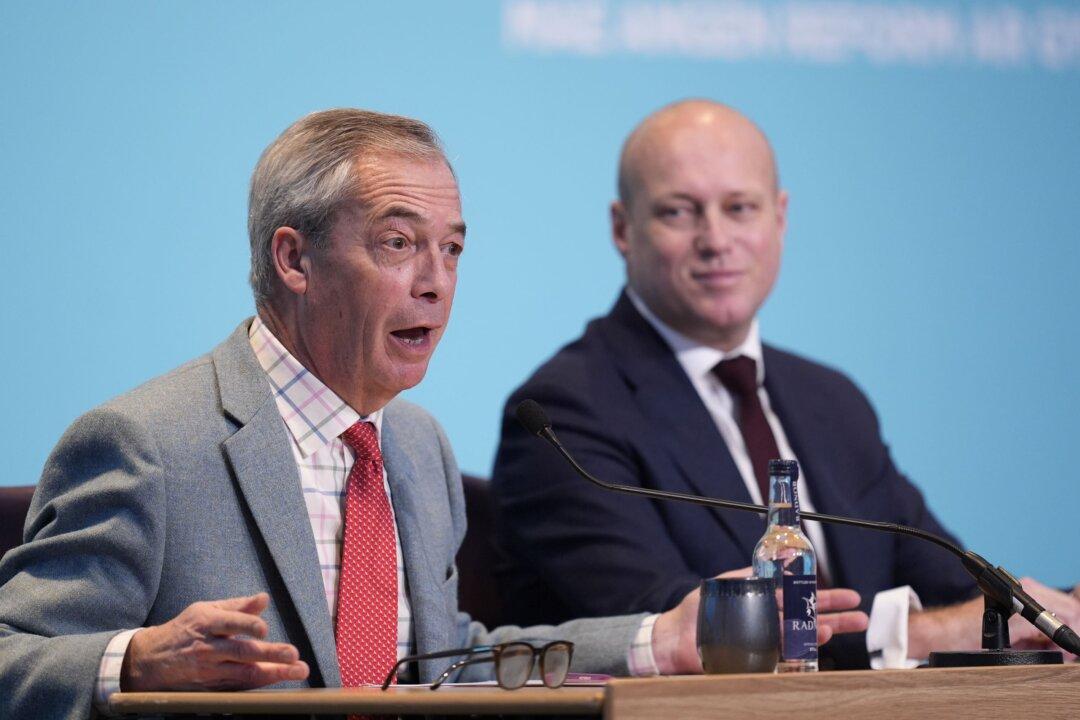British Transport Secretary Grant Shapps has defended his foreign visa plans to solve the heavy goods vehicle (HGV) driver shortage as he accused a haulage group of sparking petrol station queues.
Shapps said the queues and closures at fuel stations were a “manufactured situation” created by the Road Haulage Association (RHA) leaking comments from BP bosses about supply concerns.




